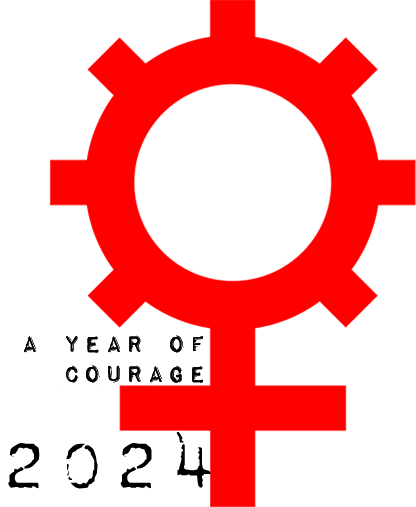Dear Diary, What is Anxiety?
What is Anxiety? Anxiety is a state of being that narrows our focus to the problem requiring change. At low levels, anxiety is a tool that helps us focus and mitigate distractions. However, anxiety can quickly compound on itself and paralyze us by narrowing our focus too much and blocking the rest of the world. Anxiety triggers our fight-flight-freeze response by telling us something is wrong. Anxiety is like a mental pain; we must address what is wrong when we feel it.
The first stage of anxiety is our ‘fight’ response. At this stage, we are aware of our worries but can still experience what else life has to offer. We may already know the problem but need to spend some time developing a solution to counter it. We may have a more generalized anxiety and need to ask relevant questions like ‘what is wrong?’ or ‘what am I trying to change?’ to isolate the problem. Our fight response allows us to problem-solve while being open to other emotions and possibilities.
The second stage of anxiety is our ‘flight’ response. We were unable to solve the problem and needed to practice focusing elsewhere. Sometimes this can be healthy, allowing us to practice resiliency to return to stage one. Not all flight responses are unhealthy escapism. Positive emotions broaden our experiences and thoughts, and allowing ourselves to experience them can often present solutions. During this ‘flight’ response, the anxiety is still there, and the pull to focus on the problem is still there; we are trying to focus on other things.
The third stage of anxiety is our ‘freeze’ response. Anxiety has narrowed our focus to the point we can no longer see/think about anything else but the problem, and now we become desperate. Here we need exposure to the rest of life the most, to get back to stages one and two and not fall into hopelessness and despair. We become trapped in cycles of thought about the problem that don’t advance, merely repeat themselves and trigger a downward spiral of negative emotions. We become frozen and unable to do anything other than focus on the problem itself.
A little bit of anxiety can be a good thing. It can help us focus on a problem through life’s distractions and address something that requires a change. It is essential to balance our desire to problem-solve with living the rest of our life. Some problems aren’t solvable immediately and require assistance or time. Some problems are not ours to solve. Skills like resiliency, patience, and acceptance can go a long way to keeping anxiety in check. When we begin to feel overwhelmed, it is ok to ask for help. We don’t have to suffer alone. Find a balance between letting your focus narrow on the problems and letting positive emotions keep life broad. You are worth it.
